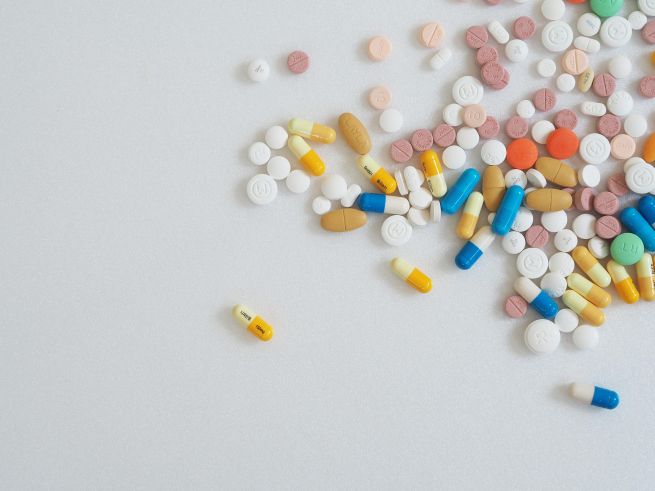SEOUL, Oct. 14 (Korea Bizwire) — South Korea’s antibiotic consumption ranks among the highest in the OECD, fueling alarm over the nation’s growing risk of antimicrobial resistance — a potential “superbug” crisis that public health experts warn could endanger lives and strain hospitals.
According to the Korea Disease Control and Prevention Agency (KDCA) and newly released OECD Health Statistics, South Korea recorded an antibiotic use rate of 31.8 defined daily doses per 1,000 inhabitants per day (DID) in 2023 — the second highest among member nations. The figure marks a sharp rise from 25.7 DID in 2022, already well above the OECD average of 18.9.
Excessive antibiotic use can accelerate the spread of drug-resistant bacteria, making infections harder and more expensive to treat. The World Health Organization has classified antimicrobial resistance as one of the top 10 global health threats, warning that the failure of common antibiotics could lead to longer hospital stays, higher medical costs, and increased mortality — particularly among children and the elderly.
In response, the KDCA launched a pilot Antimicrobial Stewardship Program (ASP) last November to promote responsible antibiotic use in hospitals. Under the initiative, trained specialists review prescriptions to ensure antibiotics are used only when necessary, with the correct dosage and duration.
 Early results show promise. A survey by Hanyang University’s Industry–Academic Cooperation Foundation found that 100 percent of hospitals participating in the ASP implemented restricted-antibiotic monitoring programs, compared with just 56.6 percent of non-participating hospitals.
Early results show promise. A survey by Hanyang University’s Industry–Academic Cooperation Foundation found that 100 percent of hospitals participating in the ASP implemented restricted-antibiotic monitoring programs, compared with just 56.6 percent of non-participating hospitals.
Additionally, 59.2 percent of participating hospitals regularly adjusted prescriptions based on lab results — six times higher than the rate among other facilities.
However, manpower shortages threaten to slow progress. More than half of hospitals with over 300 beds (53.6 percent) have not joined the program due to a lack of qualified staff.
KDCA Commissioner Lim Seung-kwan said the agency will expand the pilot to more hospitals and introduce training programs to cultivate antimicrobial specialists. “Using antibiotics correctly saves the lives of the elderly and children who are most vulnerable to infection,” Lim said. “Our goal is to make stewardship a standard practice in all medical settings, from large hospitals to long-term care facilities.”
Public health experts argue that South Korea must move quickly to institutionalize ASP nationwide, warning that unchecked antibiotic overuse could erode decades of medical progress — and that the time window to prevent a resistance crisis is rapidly closing.
Lina Jang (linajang@koreabizwire.com)

